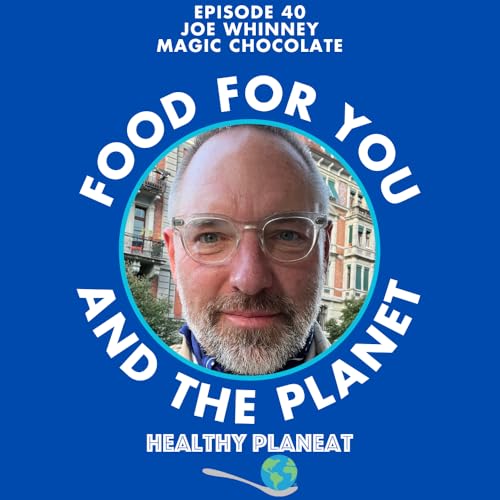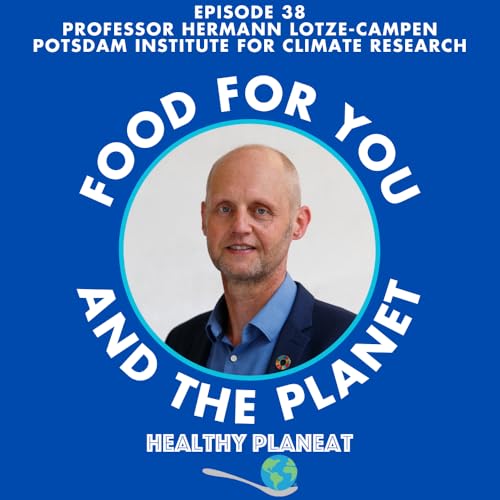Arthur Haines is a Senior Research Botanist at The Native Plant Trust.
Arthur is a plant biologist specializing in the taxonomy and identification of New England tracheophytes. He is the senior research botanist for Native Plant Trust and author of Flora Novae Angliae published by New England Wild Flower Society and Yale University Press, and several other books, including Flora of Maine, A New Path, and Ancestral Plants (a two-volume set on edible, medicinal, and useful plants). In addition to his work studying advancement in plant systematics, Arthur is an administrator for the Go Botany and Plant Share websites and a Flora of North America regional reviewer.
TOPICS EXPLORED
0:00 – 1:27 – Introduction
1:27 – 2:15 – What is The Native Plant Trust and what type of work does it do?
2:15 – 5:10 – How did you become interested in native plants, foraging, and become a senior research botanist at The Native Plant Trust?
5:10 – 8:10 – What are some of the native plants that are common in different regions, including New England?
8:10 – 9:51 – Can you tell me about the New England Wild Flower Society's Flora Novae Angliae you completed and how people can use it?
9:51 – 14:01 – What are examples of your favorite edible native plants?
14:01 – 15:49 – What is foraging?
15:49 – 18:32 – How can people learn how to forage?
18:32 – 20:28 – What are your favorite things about foraging?
20:28 – 24:03 – What do you think will be the future of foraging?
24:03 – 27:25 – How have these populations of native plants changed over time with industrial agriculture, invasive species, and other challenges?
27:25 – 28:55 – Can you tell me about your book Ancestral Plants: A Primitive Skills Guide to Important Wild Edible, Medicinal, and Useful Plants of the Northeast?
28:55 – 32:40 – What are some of the benefits of native plants?
32:40 – 34:39 – How can people grow native plants in their gardens or communities?
34:39 – 36:45 – What are some things you wish everyone knew about native plants and foraging?
36:45 – 38:41 – Things to share and wrap up
NATIVE PLANT TRUST INFORMATION
https://www.nativeplanttrust.org/
ARTHUR HAINES INFORMATION
https://www.arthurhaines.com/
RESOURCES
Native Plants for Your Garden: https://www.nativeplanttrust.org/for-your-garden/
Go Botany Plant Identification: https://gobotany.nativeplanttrust.org/
New England Wild Flower Society's Flora Novae Angliae: https://yalebooks.yale.edu/book/9780300171549/new-england-wild-flower-societys-flora-novae-angliae/
FOOD FOR YOU AND THE PLANET PODCAST INFORMATION
Apple Podcasts: https://podcasts.apple.com/us/podcast/food-for-you-and-the-planet/id1739416396
Spotify: https://open.spotify.com/show/7pkAIuXxl9dzD48b7qMOL1
RSS: https://feeds.libsyn.com/506343/rss
Podcast Instagram: @foodforyouandtheplanet
TAGS
Food
Environment
Health
Podcast
Sustainability
Native Plants
Foraging
Native Plant Trust
 22 m
22 m 19 m
19 m 33 m
33 m 20 m
20 m Oct 15 202523 m
Oct 15 202523 m Sep 17 202539 m
Sep 17 202539 m Aug 13 202533 m
Aug 13 202533 m 28 m
28 m
